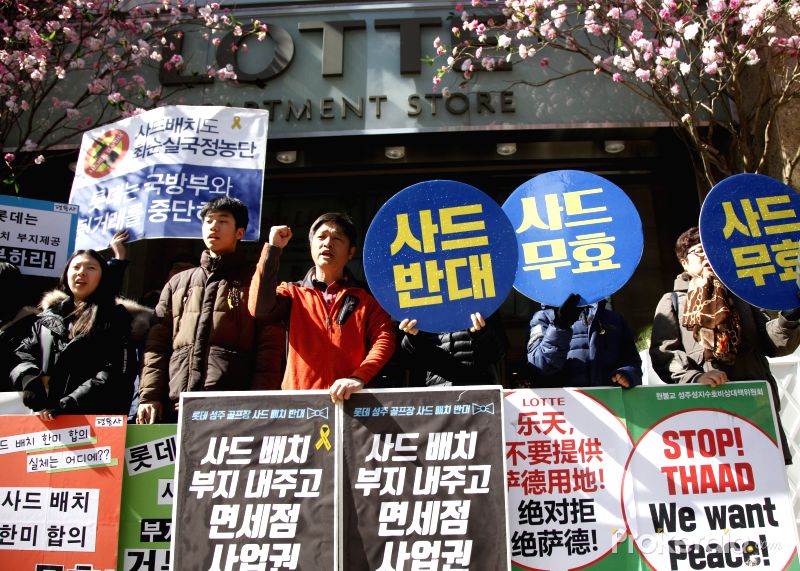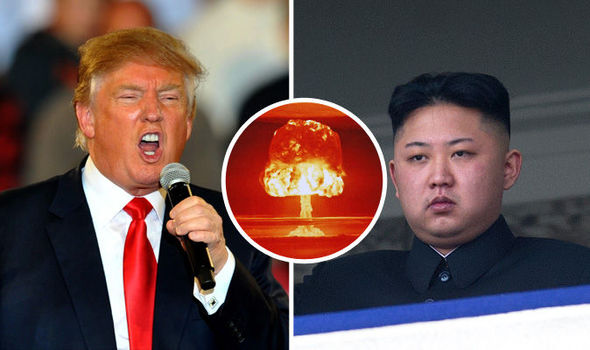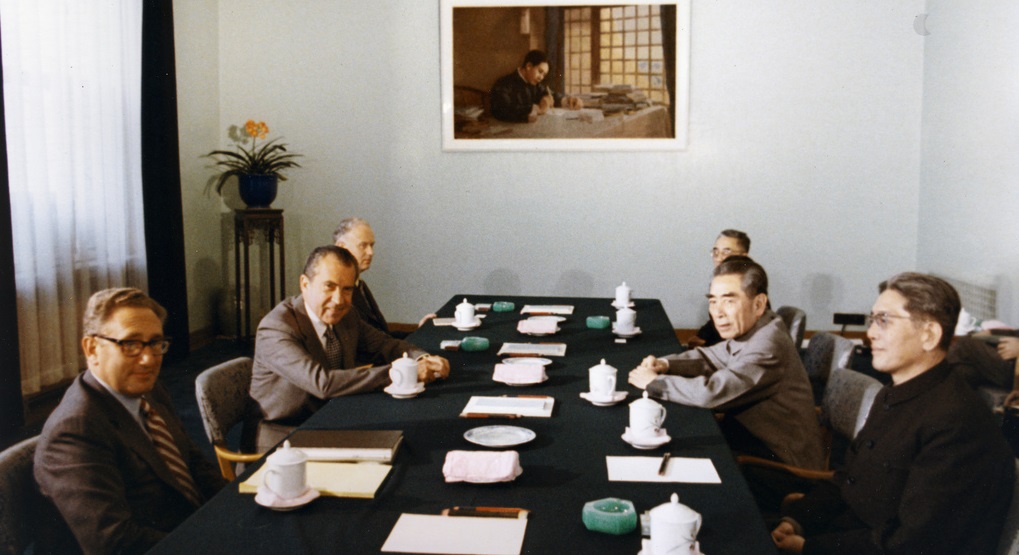
Xu Duo, Fox Fellow, Yale University
Mar 03, 2017
The recent Lotte crisis is a recurring incident in East Asia’s power dynamic: one country wields economic weapons to score geopolitical goals against another. In a region where China and U.S. lack strategic trust and security cooperation, everyone stands to lose when economics and geopolitics get tangled. Keeping the two in separate dimensions and preventing risks from one realm spilling over into the other are imperative.

Sampson Oppedisano, Executive Assistant to the Dean, The Milano School of International Affairs, Management and Urban Policy
Mar 03, 2017
Since his days on the campaign trail, Trump has been a huge critic of China. However, he will need to come to terms with the fact that criticizing and alienating China, especially over the threat that North Korea poses, is not wise. North Korea will serve as a test of not just Trump’s ability to make a deal but also his ability to employ diplomacy with a rival to address a common and growing threat.
Tao Wenzhao, Honorary Member of the Chinese Academy of Social Sciences; Fellow, CASS Institute of American Studies
Mar 02, 2017
For more than four decades, China-US relations have been guided by the foundation enshrined in the Joint Communique. The ‘no conflict, no confrontation’ principle advocated by China remains the bottom line of bilateral relations, and the lynchpin is the one-China policy. With China’s growth and prosperity today, there is every reason to be confident in the future of China-US relations.
Colin Moreshead, Freelance Writer
Mar 02, 2017
The first month of Trump’s presidency has been a useful primer for Chinese officials, albeit an unpleasant one. China was certainly watching the Trump-Abe meeting for cues on how the new president conducts himself with foreign leaders.
Alek Chance, Research Fellow, Institute for China-America Studies
Mar 02, 2017
If Americans interpret current Chinese activities to be a reaction to American weakness, they will likely come to a very different understanding of Beijing’s motives than if they viewed China’s actions as a response to American strength. Unfortunately, much of the discussion on this topic issues from assumptions that are not always critically evaluated.
Xue Li, Senior Fellow, Chinese Academy of Social Sciences
Xu Yanzhuo, Research Fellow, Chinese Academy of Social Sciences
Mar 02, 2017
Even more than external risks, preventing the hazards and avoiding risks at home are crucial for China’s OBOR as well as the country’s peaceful rise. From deciding how much military is enough to finding ways to excite neighbors about Chinese culture, a holistic outlook is needed, that will take time to mature as policies.
Joseph S. Nye, Professor, Harvard University
Mar 01, 2017
Trump should be wary of two major traps that history has set for him - the “Thucydides Trap", as well as the “Kindleberger Trap”: a China that seems too weak rather than too strong.

Stephen Orlins, President, National Committee on U.S.-China Relations
Mar 01, 2017
Today marks the 45th anniversary of the Shanghai Communique, which brought unprecedented peace and development to Asia.
Harry Krejsa, Research Associate, Center for a New American Security
Mar 01, 2017
President Trump, in clinging to this narrative, promises to fight a war long past with weapons that are likely to hurt his allies as much as his supposed enemy. Hardly a vision of America being made great again.
Lyu Jinghua, Senior Fellow, Pangoal Institution
Feb 27, 2017
A Pangoal Institution study suggests that China's proactive rather than reactive approach in dealing with relations with the U.S. is palpable and the two sides need to enhance strategic communication and coordination.
Back to Top

- China-US Focus builds trust and understanding between the U.S. and China through open dialogue among thought leaders.
- Our Offerings
- Topics
- Videos
- Podcasts
- Columnists
- Research Reports
- Focus Digest
- Stay Connected
-
Thanks for signing up!
- Get the latest stories from China-US Focus weekly.